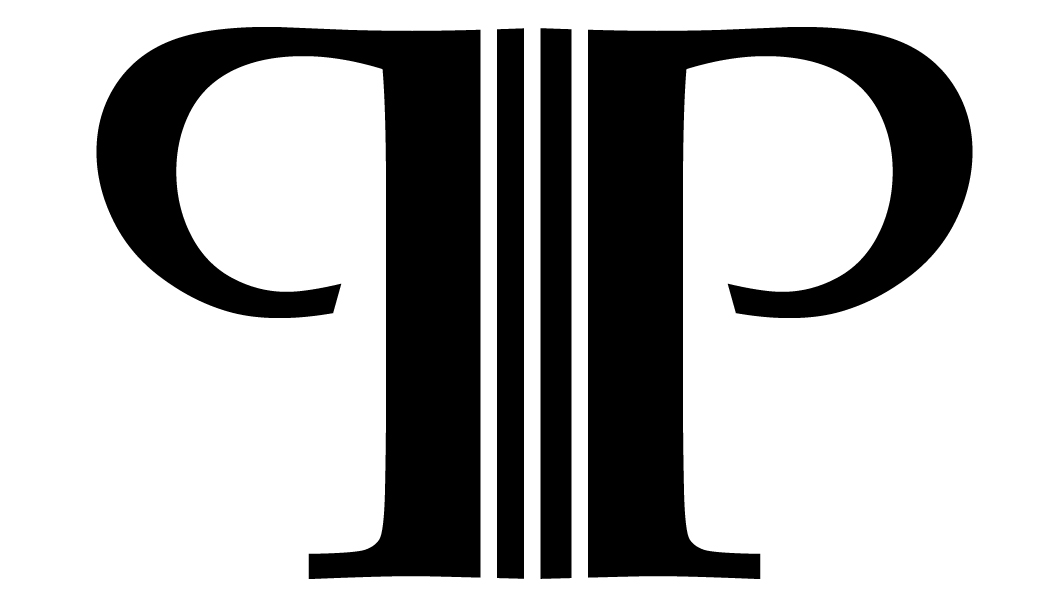The hills are ablaze with color. Paul, Josh and I have been spending our weekend days hiking various mountains and trails and enjoying being nestled at our home beneath Irish Hill on Berlin Pond. Like the squirrels that are racing back and forth across our stone walls, we, too, are bustling around preparing for winter. Once the calendar turns to October, Vermonters know they have limited time before the colorful hillside turns white.
The Road Home.
After making the decision to keep the cello studio in virtual mode, it is back to full time teaching. Skype lessons mean that traveling lesson to lesson is pretty much instantaneous. A good thing for being prompt and keeping my schedule, a bad thing if I feel the need to use the bathroom or eat something. Sometimes I stash cashews off to the side of the computer and lean left to pop a few in my mouth as I teach, hoping that I'm not asked a question in that particular moment.
In late summer I was contacted by a few new people seeking lessons. I was able to find a way to find time for them in the line up and we have begun studying together. One of my students was an excellent tuba player throughout high school and beyond, another two played the cello through grade school and high school, and still another studied through college. Different instruments, different people, same story of starting over.
It’s hard to begin anything, especially as an adult with a fully formed ego. In our minds, we believe that we can seamlessly return to any activity that we did well as a child or young adult. One big heartbreak of my life was having my new husband watch me do a round-off cartwheel on the shore of Prince Edward Island only to, almost immediately, crouch in agony as I pulled some muscle that included my bum. The hot tears spilling down my face had much more to do with the fact that I, once more comfortable on my hands than feet, was now unable to do a simple round-off! My new (important ego vulnerability) husband raced over to me with concern in his eyes as I lay crumpled on the sand, pretty sure by my position (and tears) that I had fractured one of the big bones, only to be surprised as I sat upright and explained that the true pain was much worse than a big-bone-break; my ten-year-old gymnast heart had been broken.
It takes bravery to come to or come back to the cello after many years without musical study. We are sure that we are going to remember everything we had learned long ago, only to find that, in the first lesson we can't remember what “clef” even means, let alone where to find one. I have found that when someone has studied primarily in a school program, where their teacher's primary instrument may have been something other than strings, certain key things about playing the cello may have been left out. To be fair, when school music teachers are surrounded by teens brimming with hormones, just keeping everyone's attention amid the chaos is difficult enough: if they are hanging onto the bow and some sound is coming out...it's a good day in the orchestra.
This leaves my adult students surprised when they have to go backward to come forward. To them, shifting must have just been invented and seems akin to the new algebra.
I'm finding that the biggest difficulty, once again, lies within. A kid's success in music is often because they are so easily able to let go of mistakes while adults agonize (aka obsess) over them. When you are returning to something that seemed to come so easily when you were a child your ego takes a hit. I am learning that an important part of my teaching is both the observation of and attention to that fact.
Adults find it imperative to point up each mistake, making sure I know that they know. This leads to stopping in each measure, inserting unique vocalization and beginning again. And again. It is necessary for me to establish the emotional safety of the studio and encourage them to be willing to be honest about what seems unfamiliar.
It is my belief that only when we are willing to put ourselves into a teachers hands, fully trust the process and admit that we might not know all we thought we did, that we can indeed start from the beginning again. Which is, after all, where the path begins.
Melissa Perley

